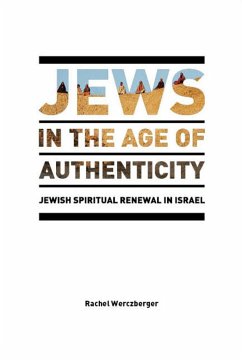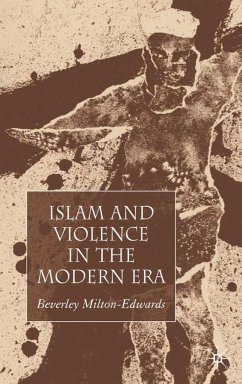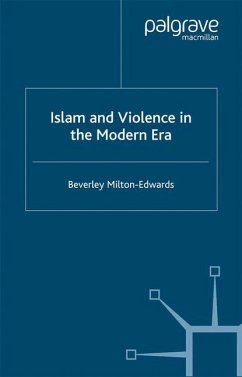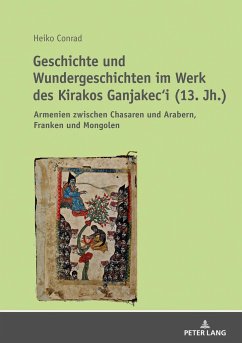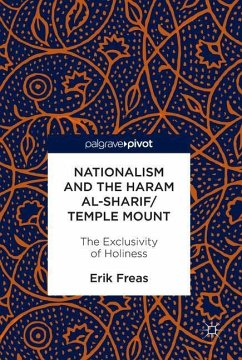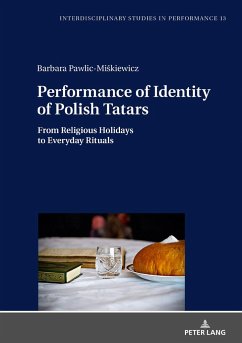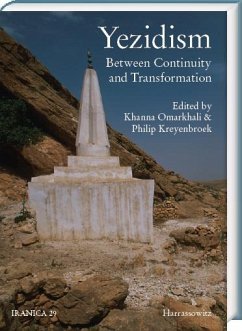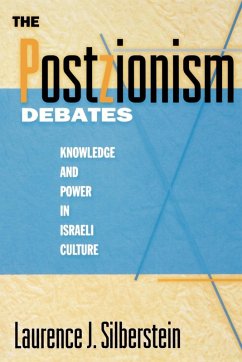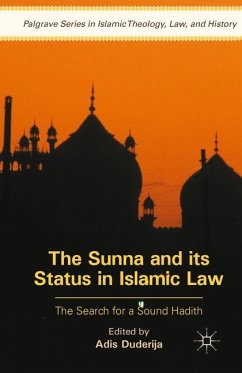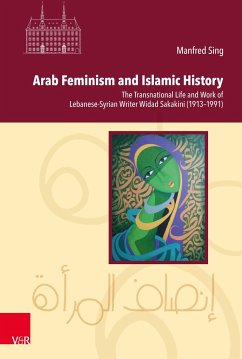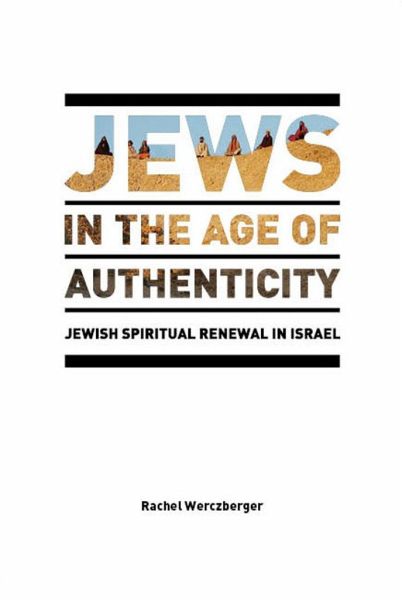
Jews in the Age of Authenticity
Jewish Spiritual Renewal in Israel

PAYBACK Punkte
0 °P sammeln!
In this book, Rachel Werczberger takes stock of the Jewish New Age spirituality scene in Israel at the turn of the millennium. Led by highly charismatic rabbis, the Hamakom and Bayit Chadash communities attempted to bring about a Jewish spiritual renewal by integrating Jewish tradition - especially Kabbalah and Hasidism - with New Age spirituality. Having spent over two years in field research, Werczberger presents a comprehensive ethnographic account of these two groups, examining their rise and fall after only six years of activity. At the core of their aspiration for Jewish spiritual renewa...
In this book, Rachel Werczberger takes stock of the Jewish New Age spirituality scene in Israel at the turn of the millennium. Led by highly charismatic rabbis, the Hamakom and Bayit Chadash communities attempted to bring about a Jewish spiritual renewal by integrating Jewish tradition - especially Kabbalah and Hasidism - with New Age spirituality. Having spent over two years in field research, Werczberger presents a comprehensive ethnographic account of these two groups, examining their rise and fall after only six years of activity. At the core of their aspiration for Jewish spiritual renewal, claims Werczberger, was the quest for authenticity. She investigates the ways in which the language of authenticity was embraced by the members of the communities in their construction of a new spiritual Jewish identity, their re-invention of Jewish rituals, and their failed attempt at constructing community. She concludes that all these elements point to the dual form of politics of authenticity and identity with which the Israeli Jewish New Age is involved.





